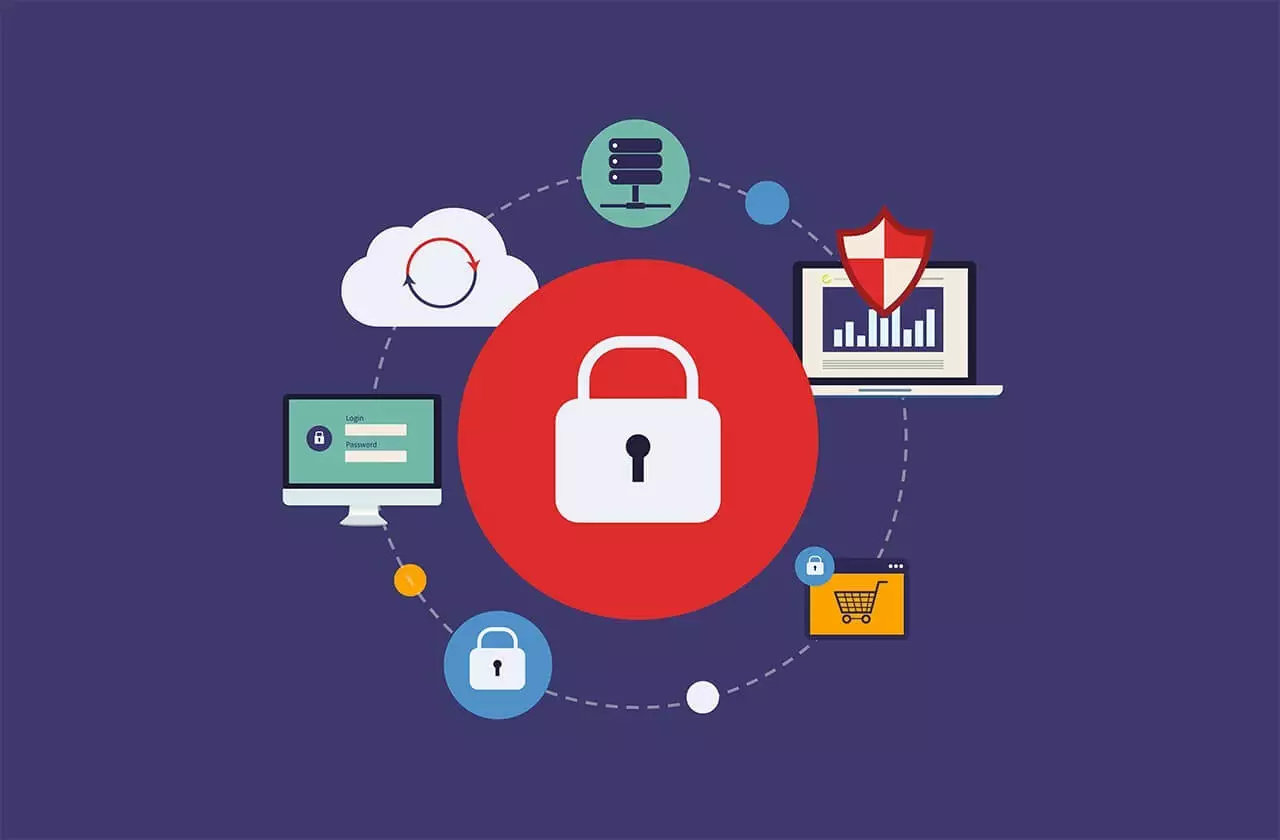Companies that have industry secrets or offer unique services often fall victim to cyber criminals who are intent on accessing this valuable information. One of the main things that could make your company vulnerable to cyber-attacks is a poor password management system. Since managing passwords can be time consuming, many organizations overlook their password management needs. Instead, business owners usually prefer to invest their time and money elsewhere.
Unfortunately, a data breach can be the beginning of the end for the business you’ve spent years building from the ground up. If a hacker gets access to personal information about your clients, you could lose trust among your consumer base. Likewise, if hackers get access to proprietary company information such as a secret recipe, you could lose any edge you originally had over your competitors. Ultimately, any small vulnerability in your password management system could result in a disaster that is close to impossible to recover from.

Cybercrime is no longer just about hackers stealing financial information. In fact, just looking at the range of common cybercrimes can convince an entrepreneur who has launched their own business to live off the grid. Unfortunately, this is much easier said than done, especially at a time when more people rely on the Internet to do business with each other. Nevertheless, knowledge is an excellent first step to protecting your data as an entrepreneur. In order to understand how to protect yourself and your business from hackers, you need to start by understanding what hackers can do with your data.
While people don’t talk about identity theft as much as they talk about other cybercrimes, the risk of identity theft has actually increased due to advancements in technology. If a cybercriminal plans to commit identity theft or credit card fraud, they gain access to their victim’s personal data 犀利士
through phishing, pharming, keylogging, and sniffing. Phishing occurs when a bait is embedded in fraudulent messages. The bait directs victims to an external site and encourages them to share personal information such as usernames, passwords, or bank details. Going one step further, pharming uses malware to reroute internet users to fake versions of websites to enter their personal details. Keylogging is a type of malware that will secretly log everything that a person types, capture their account information and other personal details. Finally, sniffing is when a person is connected to an unsecured public Wi-Fi network, and hackers steal data by “sniffing” their victims’ internet traffic with special tools.
Cybercrimes also include cyberbullying, cryptojacking, cyber extortion, and cyberespionage. Stalking, sexual harassment, doxing (publishing someone’s personal information, such as their physical address, online without their knowledge), and framing (hacking into someone’s social media and producing phony posts on their behalf) are all examples of cyberbullying.
When hackers gain access to their victim’s device and use it to mine bitcoin without their knowledge or agreement, this is known as cryptojacking. Cryptominers achieve this by infecting their victim’s device with JavaScript once they visit an infected website. This can result in slow performance and expensive electricity bills for them, while the cryptojackers profit handsomely.
Extortion is also a nightmare, and cyber extortion is a digital version of it. Ransomware, for example, is a type of virus that infects a victim’s computer and encrypts all of their files unless they pay a ransom to unlock them. Blackmailing victims with personal information, images, and video; or threatening businesses with botnet-driven DDoS attacks are examples of cyberextortion. Finally, on a bigger scale, many cybercriminals nowadays are state-sponsored organizations. World powers employ hacker organizations as one weapon in the convoluted web of global politics, whether North Korea, Iran, or even the US’s own NSA-affiliated Equation Group. State-sponsored groups may do some frightening things on the world stage by stealing confidential intelligence and employing malware to target nuclear power plants, to name a few examples.
Thankfully, there are many strategies and tools which entrepreneurs can use to keep their data safe. For starters, by keeping all your operating systems updated, you can benefit from up-to-date protection from the latest threats. After all, updates from software developers usually offer foxes for new vulnerabilities and bugs in the software. Additionally, investing in antivirus software is a good idea. You can purchase a business subscription that covers multiple devices so that all the departments in your company are protected. Finally, you should consider investing in password management software such as the one Passwork has developed. A good password management system not only helps you create strong passwords but also helps you record them in a safe place. Additionally, whenever you change your password, a good password manager updates your records. This way, you always have the most recent passwords.
In an attempt to ramp up IT security and help businesses with their password management, Passwork has created a self-hosted password manager for business teams. This system makes dealing with corporate passwords easy. Employees can quickly find the right passwords, with all their company’s data safely stored on their server, while user rights, actions, and changes, are all managed by the administrator. The Passwork team understands the importance of cybersecurity and how crucial strong passwords are for securing sensitive data within a company. Passwork solves three main problems by safely storing self-hosted corporate passwords, working and collaborating with corporate passwords, and helping with administration and management.
Passwork is easy to use. With its light and modern interface, the system is a straightforward solution for all people, not just IT specialists. There are quite a few options to choose from depending on the needs of your company and the number of employees on your team. Each package includes fine-tuning of access rights for each user, management of user rights through roles, reports on the activity of each user, LDAP/AD support, flexible data import and export, two-factor authentication, password security panel, customizable password generator, password history, API integration, and prompt technical support.
To sign up for Passwork or to get more information, click here.












